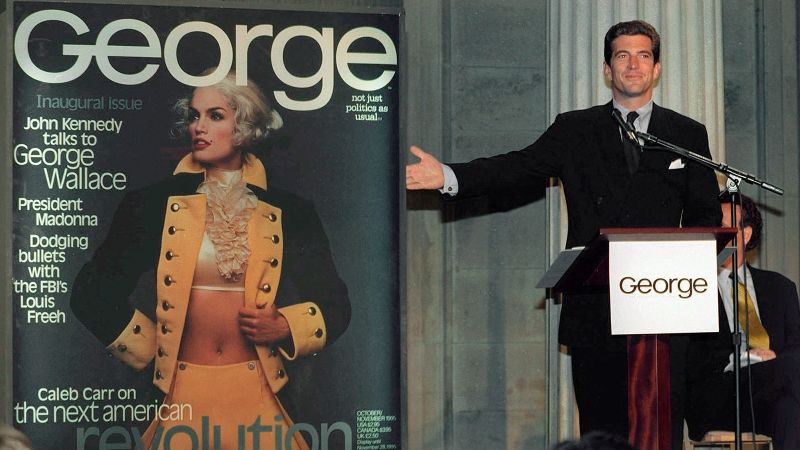
Resurgence of Andrew Lloyd Webber's Iconic Works in Entertainment Industry
Culture | 8/10/2025
In recent times, a resurgence of Andrew Lloyd Webber’s iconic works has sparked discussions within the entertainment industry. Notable revivals, such as the production of “Evita” in London’s West End and the fresh interpretation of “Phantom of the Opera” in New York City, have prompted a reevaluation of the renowned composer among critics and audiences alike.
The revival of these diverse productions has reignited interest in Lloyd Webber’s musical legacy, inviting both praise and critique from observers. While some view the revivals as a testament to the enduring appeal of his compositions, others perceive them as opportunities to reassess his contributions to the world of musical theater.
Commenting on the recent trend, a theater historian remarked, “The resurgence of Andrew Lloyd Webber’s works reflects a cyclical nature in the appreciation of classic musicals. It allows us to revisit and analyze the impact of his creations on the cultural landscape.” This perspective underscores the ongoing dialogue surrounding the composer’s influence on the performing arts.
As discussions surrounding Lloyd Webber’s renaissance continue, industry insiders anticipate further explorations of his repertoire and its relevance in contemporary theater. The revival of his acclaimed productions serves as a platform for examining the evolution of musical storytelling and its resonance with modern audiences.
In the midst of this revival, the enduring question remains: Are we witnessing a new chapter in the Andrew Lloyd Webber legacy, or simply a nostalgic return to familiar classics? As audiences engage with these reimagined works, the impact of Lloyd Webber’s compositions on the current theatrical landscape becomes increasingly apparent, shaping conversations about the enduring appeal of his musical creations.

